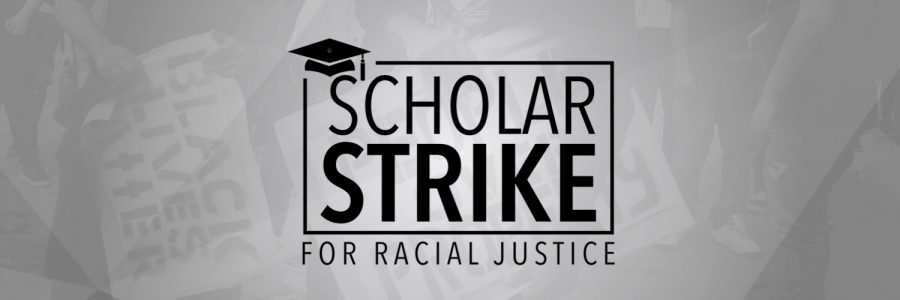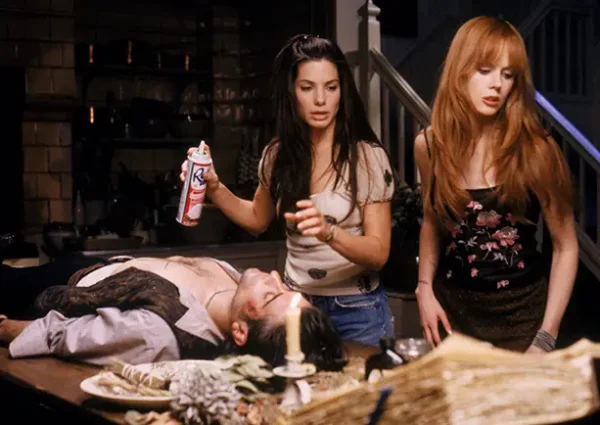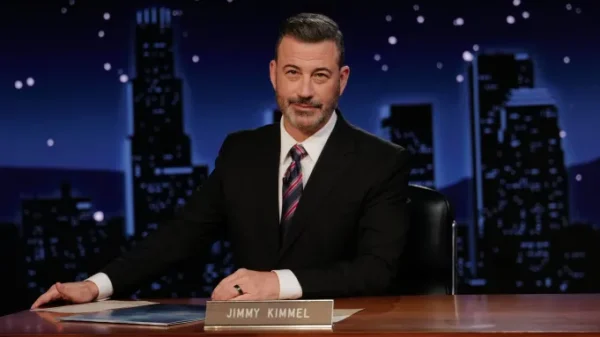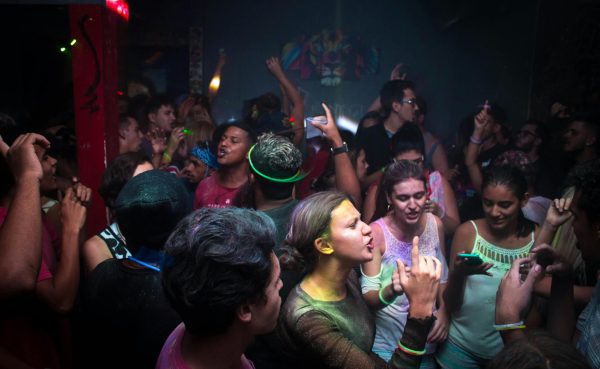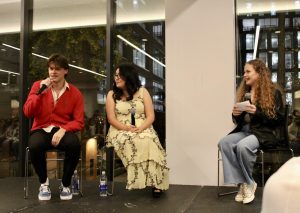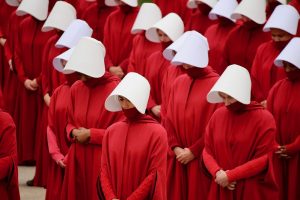University joins #ScholarStrike for racial justice
September 7, 2020
For 48 hours, colleges and universities across the country plan to join together in the #ScholarStrike. Inspired by the NBA, WNBA and many other protests across the country addressing racism and injustices in the United States, Professor Anthea Butler from the University of Pennsylvania and Dr. Kevin Gannon of Grand View University organized a national teach-in that is set to occur on Sept. 8 and 9.

The University will bring together professors from various departments to hold teach-ins via Zoom. As a number of professors have cancelled class to attend or speak in them over the next two days, there will be a halt in traditional education, instead shifting the direction to “participate in actions designed to raise awareness of and prompt action against racism, policing, mass incarceration and other symptoms of racism’s toll in America.” The Pace Press spoke with several of the professors who will be hosting teach-ins during the two-day strike.
Dr. Kyomi Gregory, University professor of Communication Sciences and Disorders, will begin the #ScholarStrike on Sept. 8 from 9:00-10:30 a.m. by hosting “Dialogue on Dialect: Reflections, Implications, and the Impact on Decision Making.” Gregory said, “This talk will discuss dialect variations and the fact that we are all speakers of a dialect. However, most conversations center around the dialects or privilege and other conversations center around the denigration of the nonstandard dialects.”
Gregory continued, “To be anti-racist is constant work. We have to relearn how to navigate in order to make change. The question is what role do we all play in upholding systematic racism. We all play a role. It could be as the perpetrator, bystander or victim. Our job in each of those roles is to speak up and speak out.”
University professor of Political Science Dr. Matthew Bolton will be hosting “International Law, Racism and Police Brutality” on Sept. 8. from 12:15- 1:40. He will be discussing how the United States is violating International Human Rights Law through racism and police brutality, while attaching the provisions of the Universal Declaration of Human Rights. The discussion will also include ways activists “can use the global human rights system to hold the United States accountable for racism and police brutality.”
When speaking with Bolton as the teach-in approached, he said, “How we as a Pace community respond in this moment – when the long-standing problems of systemic anti-Black racism and police brutality are particularly stark – is a crucial test of our moral and ethical fiber. It is not enough to have a conversation in ways that make those with power in our community feel comfortable. As a white, cis-gendered man and tenured professor, if I do not participate in the Scholar Strike, I would be abandoning the work of addressing structural racism to those who have been most harmed by it. There are those who worry that such a strike will be disruptive, but colleagues and students of color tell me that their lives are already disrupted. To participate in the strike is to acknowledge that disruption and seek to address it.”
Dr. PV Viswanath, University professor of finance, will host “Race, Finance and Accounting” on Sept. 8. from 7:00 – 8:30 p.m. This section will be focused on the discrimination in financial systems.
Viswanath gave three examples of what will be discussed: issues within accounting, like women being unaccounted for in the GDP, access to capital for minority entrepreneurs and how financial institutions work against certain underprivileged groups and how slavery is still prevalent today by the greater racialized wealth disparities.
“What happened 200 years ago affects people today! And this is because of institutional structures. If we are not aware of these structures, we can’t do anything about it. It’s not simply about people being racist. Well-meaning people can help perpetuate the legacy of slavery,” said Viswanath.
Viswanath continued, “Many of us who are privileged don’t always realize how the system is, in many ways, structured to disadvantage certain groups, such as people of color, but also older people, poorer people, foreigners, people who don’t speak English well, people with limited financial literacy, people who are not socially well-connected and so on. And of course, these are not necessarily independent groups. If you’re in one of these groups, there’s a good chance you’re in more than one group!”
Dr. Emily Welty, Director of Peace and Justice Studies will host “Erasure, Being Heard and Resilience” on Sept. 9. from 4:35-6:00 p.m. Welty will provide theoretical questions and connect those with the Black Student Union’s demands to the University.
Welty said, “These are not normal times that we are living in. Even as all of us are struggling to figure out what it means to safely teach and learn in the midst of a global pandemic, we cannot simply decide that we are going to wait to focus on racial justice at some other point in the future when it is more convenient.”
She added, “As faculty, we care tremendously about the well-being of our students and the safety of both their minds and bodies inside and outside the classroom. We acknowledge that our BIPOC students have been traumatized by racial injustice both inside and outside our classrooms and this strike is part of our commitment to speak out against this. Unlike a typical strike that involves workers withdrawing their labor, the faculty who are participating in this strike are actually doing additional work by creating new plans that will specifically link the issues of the course to the issue of racial justice.
“Making these adjustments was the best way that we could show both disruption and the urgency of racial justice as well as not impacting the educational experiences of our students by walking away from the classroom entirely. I’m so proud to be a part of the Pace community where we have a group of students and faculty who will not be bystanders to white supremacy in any of its forms,” Welty continued.
Dr. Lisa Rosenthal, University professor of Psychology will co-host “Intersectionality in the #BlackLivesMatter Movement on the Internet and on the Ground” with Dr. Marcella Szablewicz and Dr. Pamela Fuentes on Sept. 9. from 1:20 – 3:20 p.m. The #ScholarStrike will be followed throughout social media using a single hashtag, and this teach-in will discuss “the promises and pitfalls of hashtags as tools for social change.” This teach-in will include activism through the Black Lives Matter movement and address “intersections with LGBTQ+ and disability rights/justice.”
Dr. Pamela Fuentes, University professor of Women and Gender Studies said, “Once I heard a phrase that said something like: in college, we usually tilt our head forward to read and write what we are learning, but that is not really useful if we do not stand up and take a look at what is happening around us. The Scholar Strike is an urgent call to be acknowledged and stand in solidarity with those that have endured the devastating consequences of racism inside and outside our community.”
Fuentes, Rosenthal and Szablewicz have started the conversation together in the past about the “origins and intersections” of the Black Lives Matter movement.
The three professors listed above along with members of the University’s community will focus on Black Lives Matter both on and offline. Rosenthal said, “I just really encourage all students and other members of the Pace community to participate in the teach-in events and materials that many people have worked hard to compile, across a range of different disciplines.”
Rosenthal also shared what the organizers wrote collectively, “We demand deeper acknowledgment of, reckoning with, and commitment to ending structural racism both in society broadly and within our university specifically. We aim to open up more spaces at Pace in which we can share our truths with each other and collectively reimagine and remake our institution to support racial and intersectional social justice.”
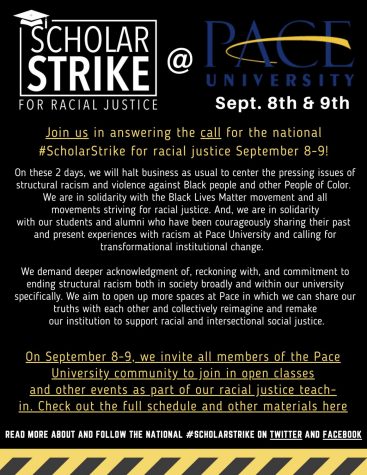
The schedule and Zoom access codes are available here:
#ScholarStrike Pace University Teach-In Schedule & Materials
For information regarding the national movement:
Follow the strike on social media with #ScholarStrike

